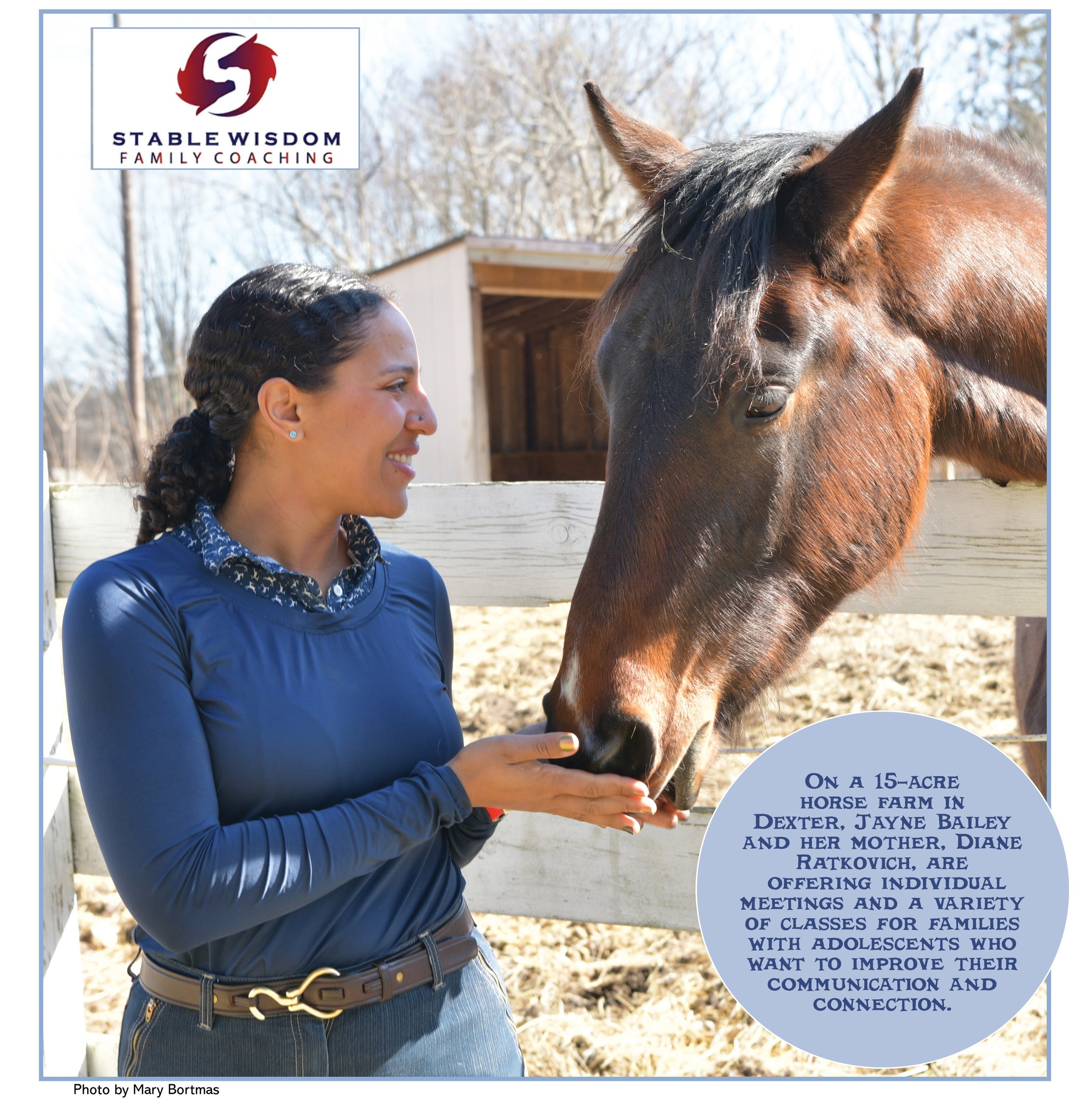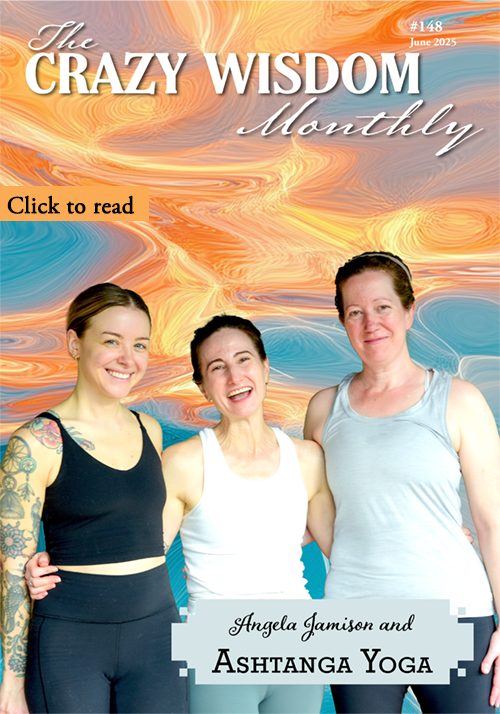By Laura Cowan
You can try a new type of massage or read a chiropractor’s online reviews, but how do you really know when a healing modality is right for you? Columnist Laura K. Cowan goes in depth with local healers to give you a behind-the-scenes look at what they really do to help people relax and heal.
Laura Cowan: Okay so first up, what about the needles? Many people avoid acupuncture because of a fear of needles.
Dr. Cynthia Esseichick: People often are intimidated by acupuncture, because they think “needles” and their only association is with large hypodermic needles. Acupuncture is super relaxing. Most patients fall asleep or feel super zoned out during treatment. You could fit 15 acupuncture needles in a hypodermic needle.
Laura Cowan: Really! I think that might make a lot of people feel more comfortable about trying acupuncture.
Dr. Cynthia Esseichick: Yes. Acupuncture needles are hair fine. We don’t needle into veins or nerves.
Laura Cowan: What is acupuncture best used for?
Dr. Cynthia Esseichick: Acupuncture is ideally used as preventative medicine. It can be part of self-care to maintain health and wellness. Life being what it is, people get sick, injured, or experience stressful periods of time. Acupuncture is a wonderful support if you are stressed. It can be used pre- and post-surgery. It’s supportive and palliative if you’re given a serious diagnosis.
Acupuncture can also be extraordinarily helpful for inflammation, because needles are inserted where large numbers of nerve bundles can tap in. The primary response is to calm the nervous system.
LC: For what complaints do people most often come to your office?
CE: Pain is one of the main things that draws people to acupuncture. Through receiving acupuncture, taking Chinese herbs, and trying cupping, people’s pain can go away, and they have a new lease on life. Orthopedic issues are [also a ] common [complaint] I see, and also fertility challenges.
LC: How does acupuncture work? How does it help with pain or fertility issues?
CE: Acupuncture takes people from [a state of] fight or flight to rest and digest. Often people find themselves stuck in a chronic [heightened] immune, allergic, or other hyper-alert state. People aren’t satisfied with just dulling that and gaining weight or feeling groggy. For day to day, there’s a gentler way to work with the nervous system. I see people’s lives transformed.
LC: Are there contraindications?
CE: Herbs are one thing I’m extremely careful with. So many people are medicated for everything. I need to be careful with dosing and interactions. There are ways of stimulating the body with gentle heat or acupressure if someone is more sensitive. In other words, there are ways to treat the body using the principles of Chinese medicine using the meridians [without the herbs].
LC: How did you get into this line of work? What makes you love it?
CE: I came to acupuncture as a patient. As a teenager I sustained a number of fairly serious injuries—neck, back pain, migraines on a daily basis. My family doctor told me to toughen up because life was painful, and it would get worse. My best friend said, “talk to my mom, who is studying acupuncture and Chinese medicine.”
LC: What do you wish people knew about acupuncture?
CE: That you can combine acupuncture with other treatments to help before and after surgery, for example, or combine IVF hormones with acupuncture for better outcomes.
Read related article: Marcia Haarer- Realization Process Psychotherapist
LC: Are there situations where you alter the treatment?
CE: Every treatment is customized for the patient. Cancer patients going through chemo are exhausted and fragile. I change how many needles I use, and how long they stay in the body. [A cancer patient’s time with the needles] will be shorter than for a marathon runner.
LC: How do you diagnose patients to determine what kind of treatment they need?
CE: Observation is key. I use a pulse diagnosis: 18 primary positions and additional measurements taken at the left wrist (nine positions) and right wrist (nine positions). I’m feeling for specific things in the body. Also, we use the tongue for diagnosis: the shape, color, texture, cracks or coating. It sounds kind of silly, but with masks this year, I have patients take a tongue selfie with their phone and send it to me. I listen to people’s voice intensity and watch how bright their eyes are. Some people’s eyes are missing something versus someone whose eyes are shining. People with the same complaint can be three constitutionally different people.
LC: What goes into determining the ideal number of sessions?
CE: That depends on what people’s goals are. For an acute injury: one to two visits. A chronic issue: 3-10 visits plus more for other issues. I’m not treating knee pain, for example. I’m looking at the person with issues that have manifested as knee pain. This sets acupuncture apart from allopathic medicine. Acupuncture is like changing the oil in your car. You don’t do it once: it’s about maintaining balance. That’s what I wish people knew. People will sometimes say I tried acupuncture once and it didn’t work. It’s not a one-time fix and everything’s done. People come in for one thing and end up as lifers, though that might be a repeat visit some years later, and not every week.
LC: What can people do along with acupuncture to improve outcomes?
CE: Diet and lifestyle changes. If people come in with pain but don’t make other changes, the results aren’t as long lasting.
LC: Are there conditions you treat that might surprise people?
CE: I treat almost anything health and wellness related: stress and anxiety as well as orthopedic pain and reproductive issues. That’s part of what I love about the medicine. It’s remarkable how supportive it can be. It also works with all ages. I’m not seeing as many seniors this year because of the pandemic, and that makes me sad. I check people’s temperature before they come into my office . We have air filters and have been vigilant about cleaning, but people are understandably concerned. Still, this medicine is ideally suited to this time because it supports the immune system.
LC: How can someone know if a particular acupuncturist is right for them?
CE: It’s important to contact a licensed, board-certified practitioner, because some people are [only] partially trained. Have a conversation with them about your goals, because not everybody treats every condition. You want a rapport and someone on the same team with you to treat your needs.
To learn more about Dr. Cynthia Esseichick, DACM, and her work, you can visit a2healingarts.wordpress.com. Dr. Esseichick has an office in Ann Arbor, and another in Brighton.




































































































































































































Living on a farm in Chelsea, Ramsey’s journey from community developer and social worker to shamanic practitioner and animal chaplain exemplifies an authentic evolution of one’s unfolding of identity, own healing, and epiphany in recognizing one’s place within the actual world contrary to the confines and misperceptions of society.